How to Improve Your Website’s SEO in 2024. In a world where digital competition is fiercer than ever, there’s nothing more frustrating than pouring your heart into a website only to see it slip into obscurity on Google’s search results. Whether you’re a seasoned marketer or a business owner determined to make 2024 the year your website shines, you know one thing is true: staying on top of SEO is a game-changer.
But here’s the thing—SEO is constantly evolving. The strategies that worked last year may not move the needle this year. You’ve probably asked yourself: How can I make sure my website doesn’t just survive but thrives in this ever-changing digital landscape? With Google’s continuous algorithm updates and an increasing emphasis on user experience, it’s easy to feel overwhelmed by the technicalities. But don’t worry—you’re not alone.
In this article, we’ll dive deep into the proven strategies that will help you not only adapt to the SEO changes of 2024 but excel in them. From understanding Core Web Vitals to harnessing the power of AI and voice search, you’ll learn how to stay ahead of your competitors and ensure your website is primed for success. Ready to take your rankings to the next level? Let’s get started!
1. Core Web Vitals & Page Experience
Google’s commitment to delivering the best user experience has led to a significant focus on Core Web Vitals, a set of metrics introduced to measure how users perceive the experience of interacting with a web page. In 2024, these metrics remain a critical part of SEO, impacting how your website ranks in search results. If you want your site to perform well, especially in competitive markets, you must ensure your pages load fast, are stable, and respond quickly to user interactions.

Largest Contentful Paint (LCP) measures how quickly the largest visible content element (image or text block) loads on your website. If your LCP is slow, users may leave before the content even loads, increasing bounce rates. Optimizing your server response times, improving your CSS, and using proper image formats can significantly improve LCP and, consequently, user satisfaction.
First Input Delay (FID) tracks how quickly your website responds when a user first tries to interact with it. A slow FID can make your website feel unresponsive, frustrating users. To improve FID, consider optimizing JavaScript, minimizing heavy tasks on the browser, and ensuring that interactive elements are ready to respond immediately. Lastly, Cumulative Layout Shift (CLS) is all about visual stability. Nobody likes clicking on a button, only to have the page shift and misplace the content. Ensuring elements load in a stable manner can reduce unexpected shifts, enhancing the user experience.
2. Optimizing for Mobile-First Indexing
With over 60% of all web traffic coming from mobile devices, Google has made mobile-first indexing a priority. This means Google primarily uses the mobile version of your content for indexing and ranking. Optimizing your website for mobile is no longer just a suggestion—it’s a necessity for SEO in 2024.
Mobile-first indexing requires ensuring that your website is fully responsive. This means your site needs to adapt seamlessly across all screen sizes and devices. A responsive design not only improves the user experience but also helps avoid penalties from Google. Beyond just design, you need to ensure your content is the same on both desktop and mobile versions. If Google finds discrepancies, your mobile rankings can take a hit.
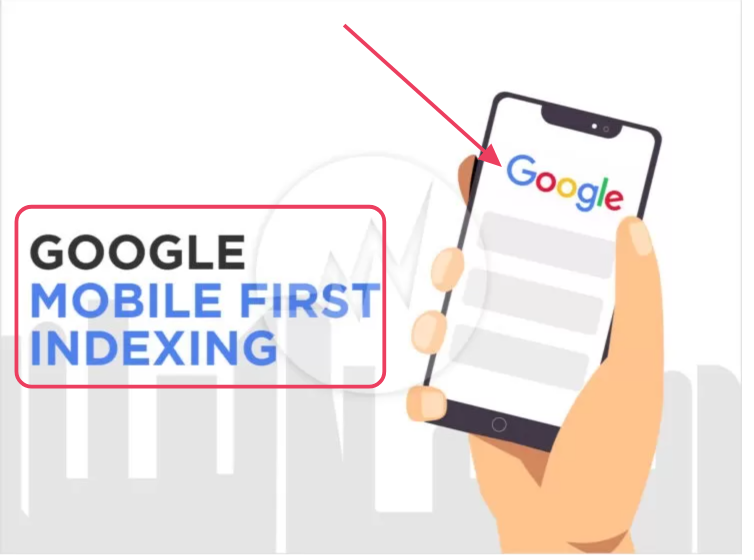
Additionally, the usability of your mobile site is crucial. Tools like Google Search Console and PageSpeed Insights can help you identify issues such as slow load times, unplayable videos, or touch elements too close together. Fixing these problems ensures your users—and Google—will have no issues with your mobile site.
3. E-A-T (Expertise, Authoritativeness, Trustworthiness)
In an age where misinformation can spread like wildfire, Google places significant importance on E-A-T: Expertise, Authoritativeness, and Trustworthiness. Particularly for “Your Money or Your Life” (YMYL) websites—those that impact users’ financial, health, or safety—establishing your site’s credibility is essential for ranking high in search results.
Expertise refers to the level of knowledge your content demonstrates. Content written by industry professionals or experts tends to rank better. For instance, if you’re writing about medical advice, it’s essential that your articles are written or reviewed by certified professionals. Not only does this build trust with your audience, but it also signals to Google that your site is a reliable source of information.
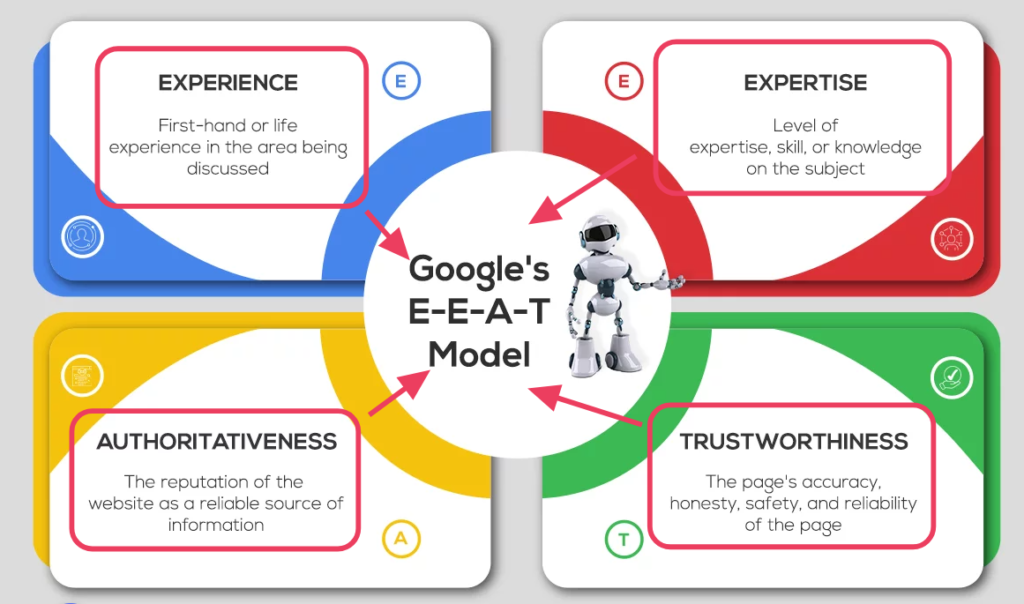
Authoritativeness is about demonstrating that your content and website are respected within your field. This can be achieved by getting backlinks from other reputable sites, being mentioned in authoritative publications, and having a strong social media presence. Finally, Trustworthiness relates to your website’s transparency. Clearly listing authorship, using secure HTTPS, and providing easily accessible contact information all contribute to this factor.
4. Content Relevance and Topical Authority
Gone are the days when stuffing your website with random keywords could get you ranking on the first page. In 2024, Google places a higher value on content relevance and topical authority. It’s no longer about just covering a keyword—Google wants to know if your website is the go-to place for all related topics within your niche.
To build topical authority, you need to create comprehensive, high-quality content that covers every angle of a subject. This means delving deeper into a topic rather than just scraping the surface. By covering related subtopics, answering relevant questions, and linking to high-quality sources, your content signals to Google that it’s both informative and authoritative.
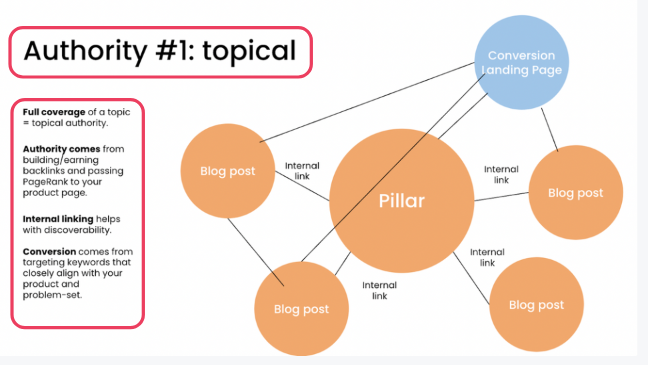
Keeping your content updated is equally important. Search engines favor content that remains current and aligned with the latest trends. Regularly updating old content to reflect changes in your industry ensures you maintain your topical authority, which can significantly improve your website’s rankings over time.
5. Optimizing for Voice Search
With the rise of smart speakers and virtual assistants, voice search is quickly becoming a dominant force in how users interact with the internet. By 2024, optimizing for voice search is no longer a forward-thinking strategy—it’s a necessity for any website hoping to stay competitive.
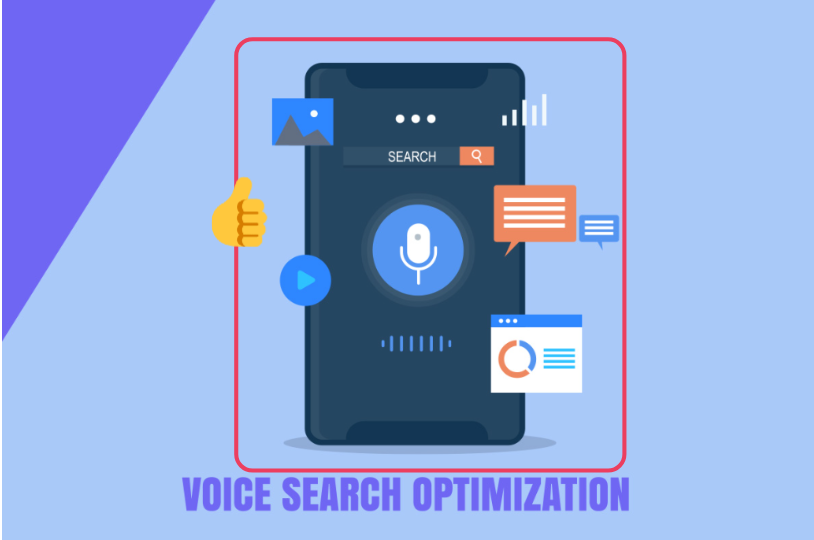
Voice search is unique in that it relies heavily on natural, conversational language. When users type a query, they often use concise, keyword-based language. But when they speak to a virtual assistant, they tend to phrase queries as complete questions, such as “How do I improve my website’s SEO in 2024?” To optimize for voice search, your content must address these long-tail, conversational keywords by focusing on answering common questions directly and clearly.
Additionally, voice search tends to pull answers from featured snippets and structured data. To increase your chances of appearing in voice search results, structure your content to provide quick, informative responses to common queries. FAQ sections, listicles, and concise paragraphs work particularly well for voice search optimization.
6. AI and Automation in SEO
Artificial intelligence (AI) has rapidly transformed how SEO professionals approach their work. As we enter 2024, AI and automation tools have become indispensable for analyzing data, generating content, and optimizing SEO strategies. Leveraging AI can help streamline processes, improve accuracy, and give you a competitive edge.
AI tools like ChatGPT and Jasper are becoming integral to content creation, allowing marketers to generate high-quality blog posts, social media captions, and more. However, it’s essential to strike a balance. While AI can generate content efficiently, human oversight is crucial to ensure it aligns with your brand voice and maintains the nuance that resonates with your audience.
AI is also pivotal in automating SEO tasks, such as keyword research, technical audits, and backlink analysis. Tools like SEMrush and Ahrefs use AI to analyze vast amounts of data quickly, providing insights that would otherwise take hours to uncover manually. By integrating AI into your SEO workflow, you can focus more on strategy and creativity, leaving the repetitive tasks to automation.
7. Structured Data and Rich Snippets
If you’ve ever seen a search result that includes star ratings, FAQs, or product details, you’ve encountered rich snippets. Structured data, which helps create these enhanced search results, is an essential part of SEO in 2024. When implemented correctly, structured data can increase your website’s visibility and click-through rate (CTR) by providing more detailed information directly in search results.
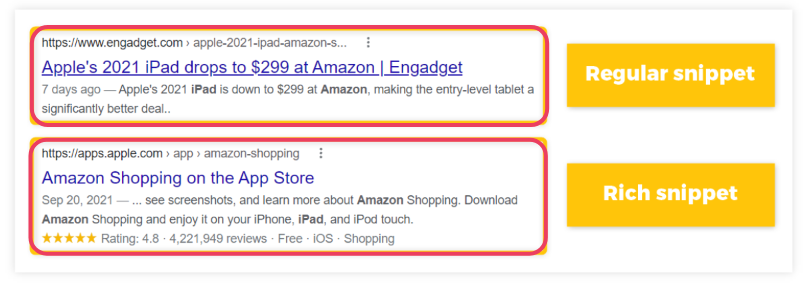
Structured data involves adding a specific code to your website that helps search engines understand the content on your pages. For example, if you run a recipe blog, structured data can tell Google the cooking time, ingredients, and nutritional information. This can result in your recipe being displayed prominently in a rich snippet, making it more likely users will click through to your site.
Implementing structured data also helps with voice search optimization. Voice assistants often pull from rich snippets when answering user queries, so having structured data increases your chances of being featured in these spoken responses. Tools like Google’s Structured Data Markup Helper can guide you through the process of adding schema markup to your website.
8. User-Generated Content (UGC) and Community Building
User-generated content (UGC) is one of the most underutilized yet highly effective strategies in modern SEO. Encouraging your audience to create content—whether through comments, reviews, or social media mentions—can help boost your rankings and foster a sense of community around your brand. In 2024, UGC is a key factor in driving engagement and establishing trust.
User-generated content not only provides fresh content for your website, but it also helps with SEO by creating additional keywords and long-tail search phrases. For example, a customer leaving a review might use different terminology or expressions that resonate with other potential customers searching for your product. This diversity in language can help capture more search traffic and improve your site’s relevance for a broader range of queries.
Building a community around your brand encourages loyalty and repeat visits. By creating spaces for discussion, such as forums or social media groups, you foster engagement and create opportunities for users to share their experiences. This not only enhances your SEO but also builds brand credibility, as potential customers trust peer recommendations and authentic feedback.
9. SEO for Video Content
In 2024, video continues to dominate as a preferred medium for consuming content. Whether it’s YouTube SEO or embedding videos directly on your website, optimizing your video content can significantly boost your search rankings. With billions of hours of video watched every day, the potential to reach your audience through video is enormous.
To optimize video for SEO, you need to pay attention to metadata, such as titles, descriptions, and tags. These elements help search engines understand what your video is about and when it should appear in search results. Including keywords in these fields, especially long-tail keywords, can help your videos rank higher for relevant searches.
Another important aspect of video SEO is transcriptions. Adding text versions of your video content makes it more accessible and searchable. Not only does this help users who prefer reading over watching, but it also gives search engines more content to crawl and index. This can lead to improved rankings for both the video itself and the page where it’s embedded.
10. Link-Building and Digital PR in 2024
Link-building remains one of the most critical factors in SEO, but in 2024, the focus has shifted toward quality over quantity. Gone are the days of building links just for the sake of it. Today, digital PR and strategic partnerships play a vital role in securing high-quality backlinks that can significantly improve your site’s authority and search rankings.
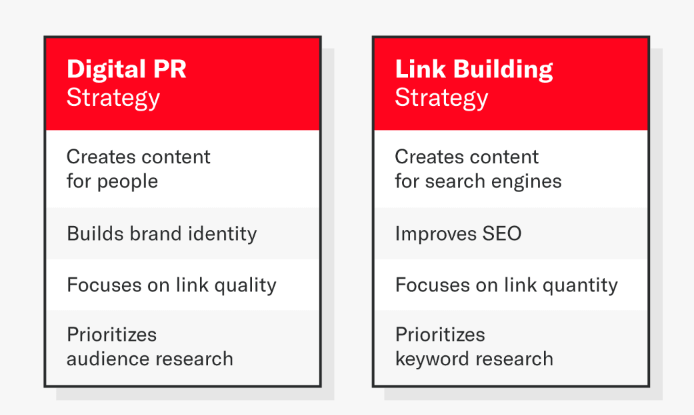
The key to effective link-building in 2024 is to focus on earning links from authoritative and relevant websites. These backlinks act as endorsements from trusted sources, signaling to Google that your content is valuable and reliable. One way to do this is through digital PR campaigns, where you pitch stories, infographics, or research to media outlets, bloggers, and influencers in your industry.
Another effective strategy is collaborating with other brands or influencers for guest blogging or content exchanges. When you provide value to another audience, you’re more likely to earn backlinks organically, which carry more weight with Google. Prioritizing quality over quantity in your link-building efforts will result in more sustainable, long-term SEO gains.


